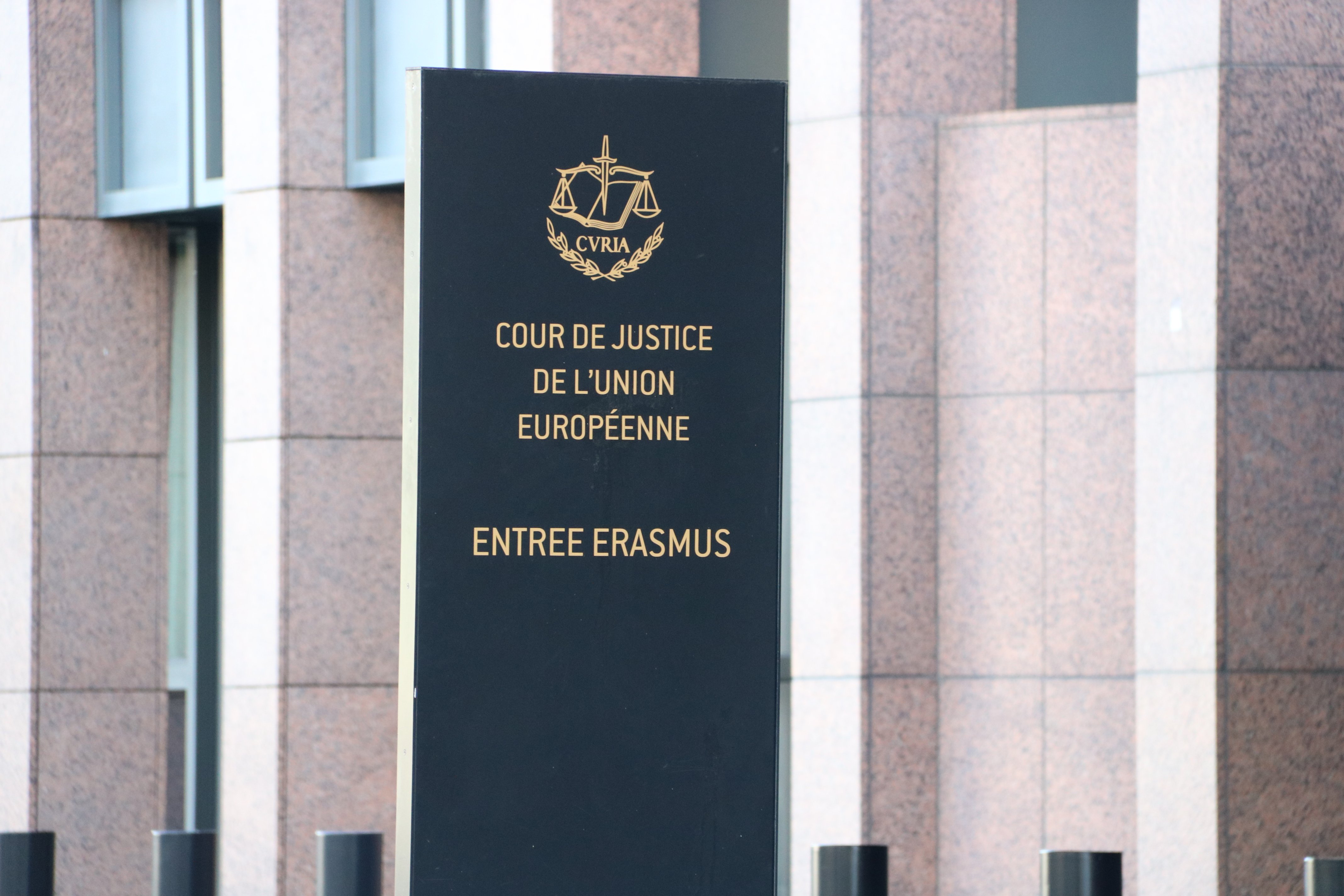The decision on whether or not a country executes a European Arrest Warrant (EAW) must take into account the situation of the person concerned, the nature of the crime being prosecuted and the independence and impartiality of the court which is to pursue the case. This has been stated by the European Court of Justice (ECJ) in response to a question referred to it by an Amsterdam court of first instance, which has to decide on the extradition to Poland of two nationals of that country who have been sentenced to imprisonment. The Dutch court had raised doubts about whether it was obliged to comply with the request, given that there have been systemic or generalized deficiencies in Polish justice since 2017 that affect the fundamental right to a fair trial and the right to be tried in the court established under the law.
The decision of the ECJ on the case affecting the Dutch court has been made public at a time when Spanish investigating judge Pablo Llarena is awaiting an answer on several preliminary questions that he also presented before the European Court of Justice following the refusal of Belgium to hand over the pro-independence Catalan minister Lluís Puig, in exile in the country. In his question, judge Llarena noted that the law does not allow Belgian judges to rule on the Spanish Supreme Court's competence to try Puig and asserted that a refusal to execute a European order must be exceptional.
The ruling issued today by the ECJ in response to the Dutch court's question warns that, in the case of an EAW to prosecute alleged criminal actions, as would be the case of the warrants against the exiled Catalan politicians, the judicial authority that decides on the execution must take into account elements relating to "the personal situation of the person concerned, the nature of the offence for which that person is prosecuted" and "any other circumstance relevant to the assessment of the independence and impartiality of the panel of judges" likely to hear the case.
In the case of an arrest warrant issued for the execution of a sentence, the composition of the court that issued the sentence or "any circumstance relevant in the assessment of its independence and impartiality" must be taken into account.
In the context of this examination, it is up to the person affected by the EAW to present specific elements that suggest that "systemic or generalised deficiencies in the judicial system had a tangible influence on the handling of his or her criminal case or are liable, in the event of surrender, to have such an influence."
As well, in a first phase of the examination of the EAW, which aims to assess the existence of a real risk of breach of the fundamental right to a fair trial, connected in particular with a failure to comply with the requirement for a court previously established by law, must make "an overall assessment, on the basis of any factor that is objective, reliable, specific and properly updated concerning the operation of the judicial system in the issuing Member State and, in particular the general context of judicial appointment in that Member State".
The ECJ, whose ruling refers at certain points to specific situations in Poland, by way of example, but is written to be broadly applicable, thus admits that in relation to the obligatory mutual recognition of EAWs between states, a court may exceptionally refuse to surrender a person when it finds that there are substantial grounds for believing that the fundamental right of an affected person has been breached or that, in the event of surrender, there is a real risk of breach.

